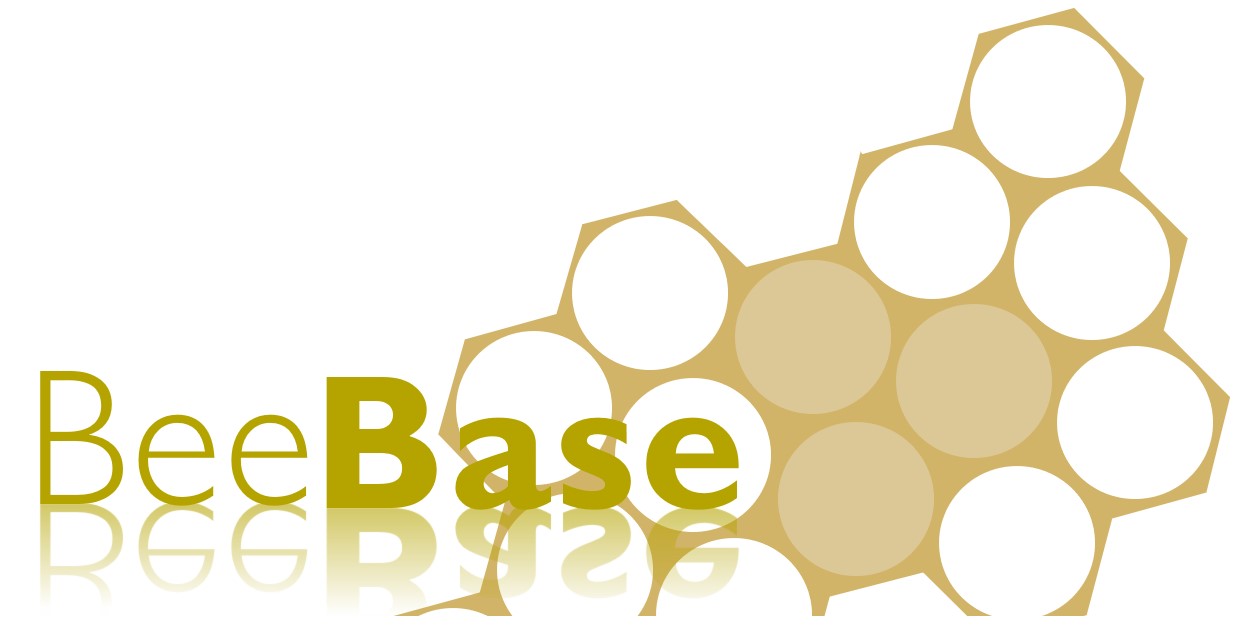Foulbrood
If you suspect that your colonies have foulbrood disease, you must contact us or your local inspector. If your local Inspector is unable to get to the apiary promptly, you can send a voluntary comb or larval sample into our laboratory by using our voluntary sample submission form. The form can also be used for suspect exotic pests. In this case, please fill in as much information on the form as possible so that we can contact you should we require more information.

Adult bee disease diagnosis
The National Bee Unit does not test bees for Nosema spp., amoeba and acarine (tracheal mites). This service has been discontinued.
However, beekeepers in Scotland can access a free diagnostic service to screen for for Nosema spp., acarine and Varroa mites. For more information, please visit our Beekeeping in Scotland page.
Suspected bee poisoning
Suspect honey bee poisons are investigated as part of the Wildlife Investigation Scheme by Natural England for England, or by the Welsh Government for Wales. The role of the NBU when responding to a suspected poisoning is to rule out any other cause of colony death, such as disease, and to collect a sample of bees if one has not already been provided. If poisoning is suspected, this sample is passed on to Fera Science Ltd. for pesticide analysis.
If you suspect that your bees have been poisoned, please contact us or your local inspector. After you contact us, your local inspector will contact you and may arrange to visit your apiary. The inspector will assess the situation and the condition of the bees. If they find that there is a a reason to suspect that a poisoning has occurred, a sample of bees will be taken.
Before the visit, you may be advised to carefully collect a sample of the affected bees. Wear disposable gloves and collect at least 200 of the affected bees; this is the minimum number required for a poison analysis. This is approximately the number of bees that will fit into a large matchbox of 12 cm long and 6.5 cm wide. These can be stored in the freezer until requested by the bee inspector.
If the inspector requests that you send a sample to the lab, when sending the sample, please ensure that you include your name, address, beekeeper ID, date and information on what signs you have seen that made you suspect poisoning. The sample should to be securely packaged, but not in a plastic bag, and preferably not flattened and sent to the address at the bottom of the page. Please do not send samples until you have been requested to do so.
Suspect exotic pests
Beekeepers should be familiar with the exotic pests, small hive beetle (Aethina tumida) and Tropilaelaps spp. mites, and the risks they pose. If you suspect that you have found either one of these pests, please contact us or your local inspector.
You may be advised to send a sample to the lab for identification. If so, collect a sample of the suspect insect or mite, and place it in the freezer overnight. This will kill it so that it doesn’t escape in transit. Package the specimen in a suitable sturdy container made from cardboard rather than plastic, such as a matchbox, package it securely and include a voluntary sample submission form with the package. When you fill out the form, please provide as much detail as possible about the sample.

If you suspect that you have seen an Asian hornet, please take a picture and submit it to the Asian hornet app for iPhone or for Android. For more guidance on what to do if you think you’ve seen an Asian hornet, please consult our ‘So you think you’ve seen an Asian hornet?’ webpage.
Imports
All imports must be notified via the Import of Products, Animals, Food and Feed Service (IPAFFS). Imported queens must be transferred into new cages before being introduced into colonies. The original cages, attendant workers and any other material that accompanied the queens, must be sent to the lab for examination within 5 days of receipt. Please ensure they are securely packaged and that nothing can escape. Please include your name, address and contact number with the parcel. Please ensure that your IPAFFS Unique Reference Number is written clearly on the outside of the parcel. There is no charge for these checks.
For more guidance on the process for reporting imported queen bees, please see the FAQ section of our Imports and Exports page.
Postage costs
When sending samples to the National Bee Unit, please be aware that you must cover the delivery costs.
Please send samples to the following address:
Bee Health laboratory, Lab 02G06, York Biotech Campus, Sand Hutton, York, YO41 1LZ

